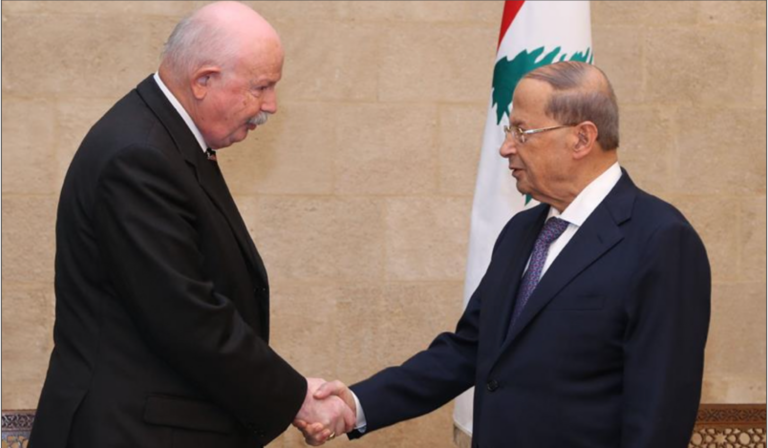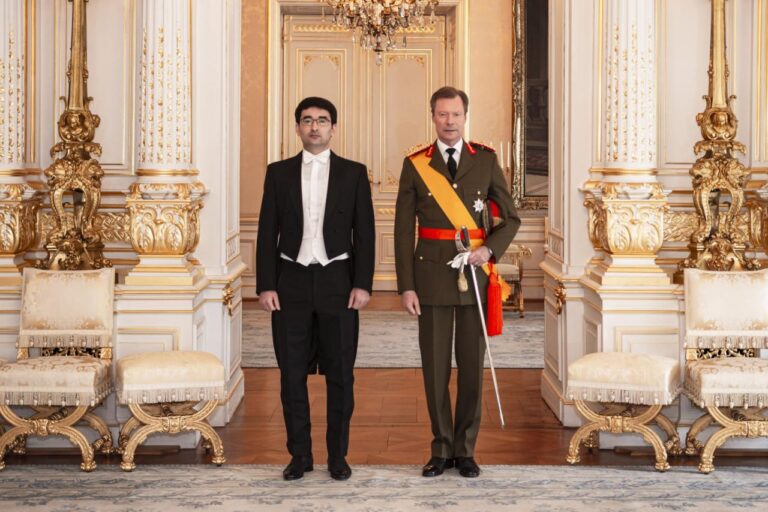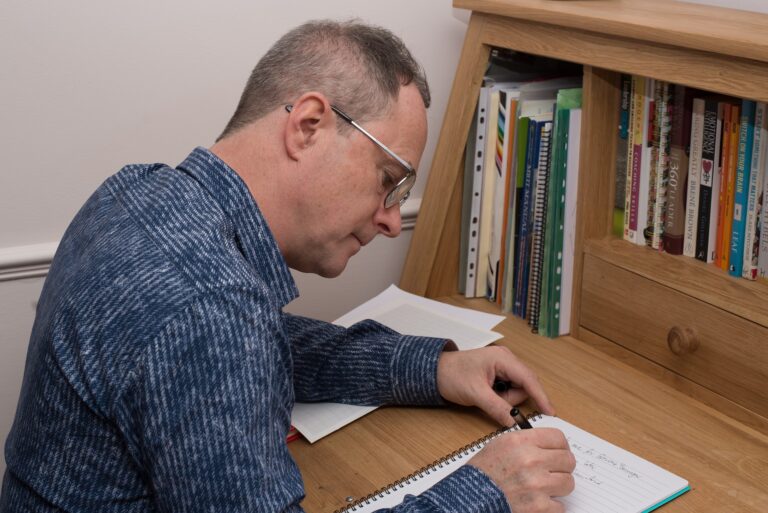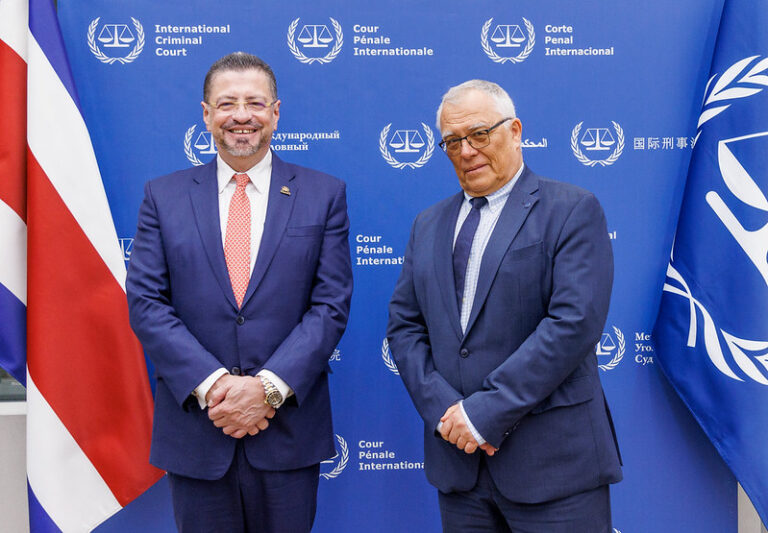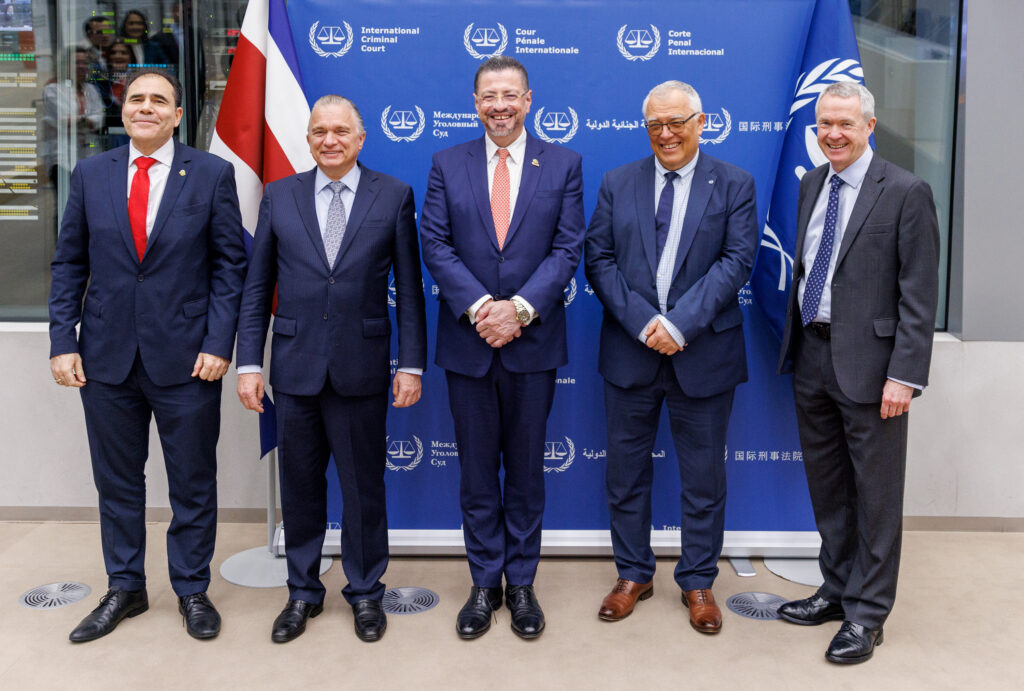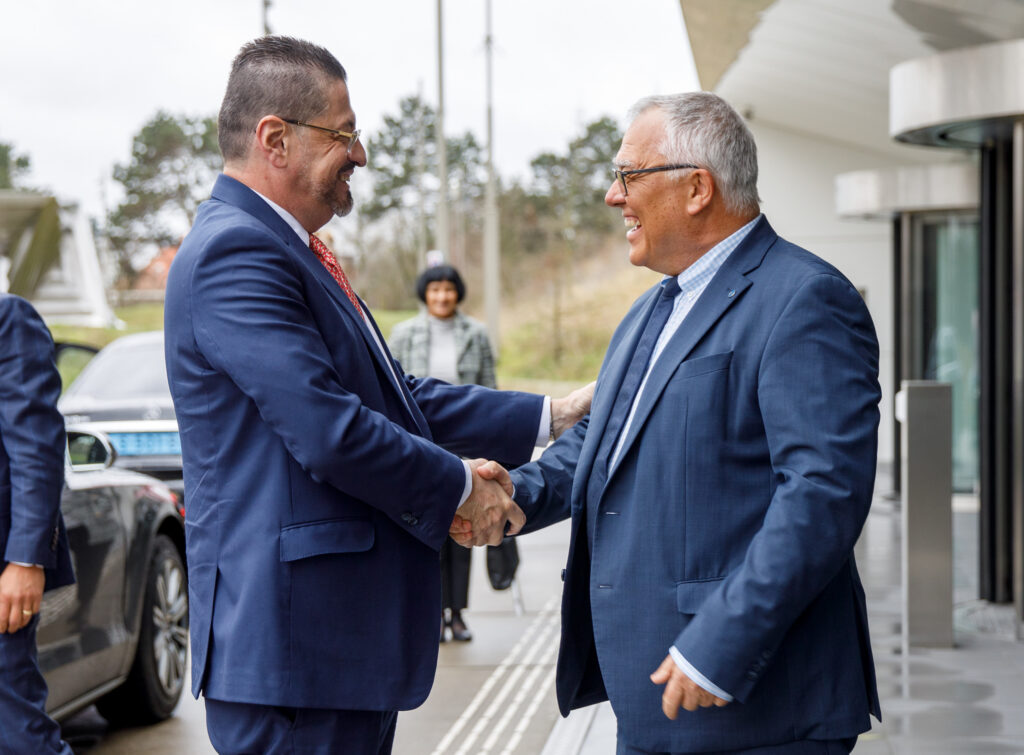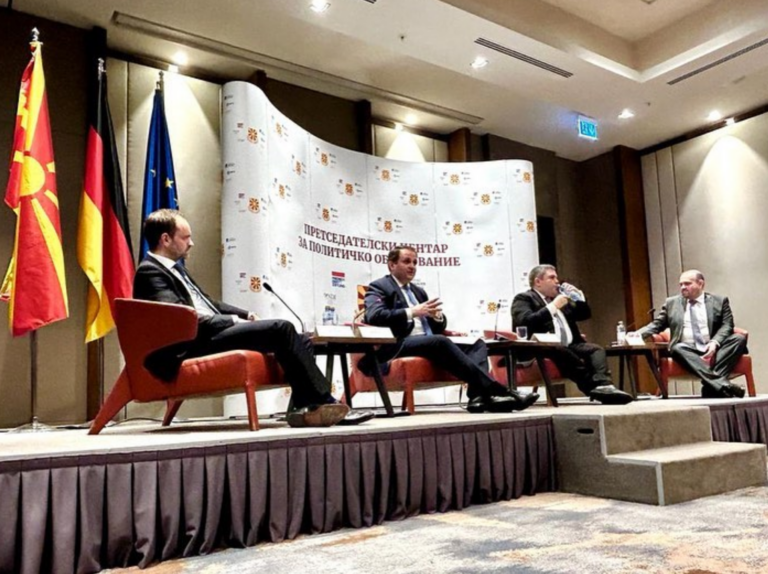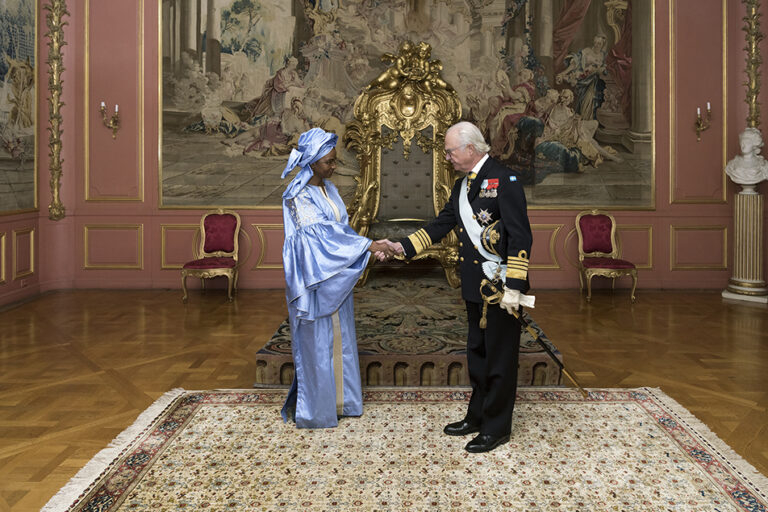Rome 16 March 2023 – Lebanese Prime Minister Najib Mikati had talks this morning at the Magistral Palace with the Grand Chancellor of the Sovereign Order of Malta, Riccardo Paternò di Montecupo. After the meeting, the Prime Minister was received by the Lieutenant of the Grand Master, Fra’ John Dunlap.
In the talks – in which Grand Hospitaller Fra ‘ Alessandro de Franciscis took part – the excellent relations established over 70 years of diplomatic relations were reiterated. The first healthcare centre dates back to 1957 and the Lebanese Association started its health and social care programmes in 1981. Since then the Order of Malta has played – and continues to play – a key role in Lebanon, suffering a 15-year civil war and serious social and economic crises.
‘The Order of Malta is doing excellent work in my country,’ said Prime Minister Mikati, stressing the very difficult crisis that Lebanon is currently undergoing and how ‘my government’s priorities concern education and health. One of our priorities is to elect the President of the Republic, an office vacant since last October.’
The talks also addressed the issue of humanitarian corridors to Syria, even more essential after the earthquake in February.
The Grand Chancellor reiterated that ‘Lebanon has a place in the Order of Malta’s heart. We are ready and willing to make every possible effort to increase our health and social care programmes. A meeting is scheduled in Beirut very soon between Prime Minister Najib Mikati and the President of the Lebanese Association Marwan Sehnaoui to take stock of the situation and coordinate efforts.’
Since 2019, Lebanon is again experiencing a humanitarian catastrophe further aggravated by the pandemic emergency and the explosion in the port of Beirut in August 2020. The economic crisis has severely weakened the health system; vendors, hospitals and pharmacies lack basic medicines. The population is no longer able to afford medical treatment and the demand for humanitarian assistance is growing. Inflation in Lebanon has reached a dramatic level and the consumer price index (CPI) has registered an annual increase of 123.5%.
The Order of Malta in Lebanon is in the vanguard for providing health and social care to the most vulnerable through its eleven health and social centres and projects nationwide. Seven mobile clinical units reach the most remote areas of the country. The Order of Malta’s Lebanese Association also organises cancer and heart disease prevention and awareness campaigns and runs programmes to assist pregnant women. The Association recently opened a new health centre in Beirut, capable of assisting up to 500 patients a day.
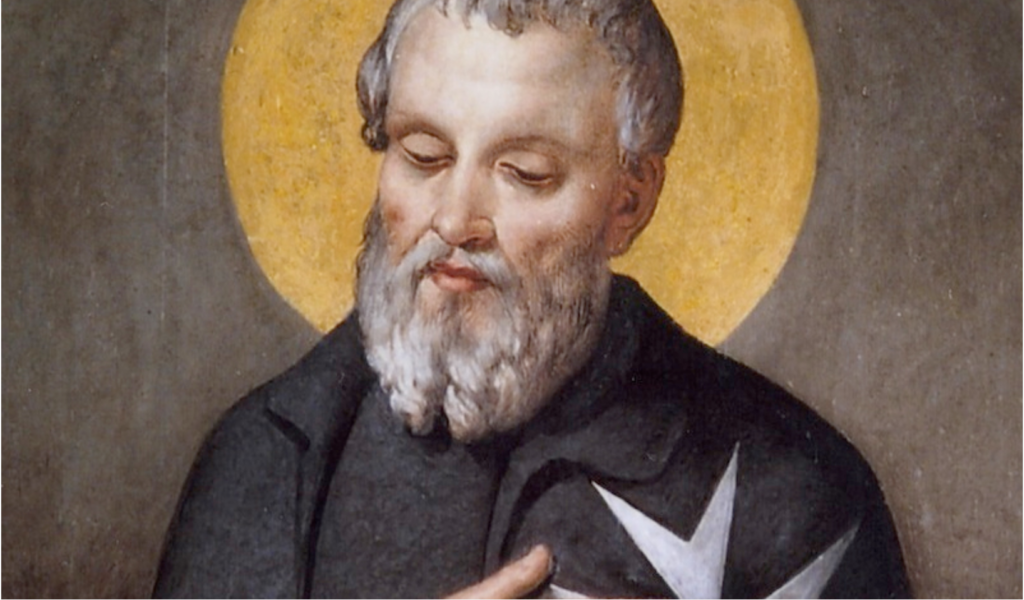
There are also specific projects for the elderly and those with special needs, with particular attention for children with brain disorders. Every year, summer camps are organised for young people with severe disabilities, in which hundreds of Order of Malta volunteers participate from all over the world. In recent years, the Association has also launched agro-humanitarian projects to support farmers and the local economy.
All assistance activities are supported by bilateral agreements for health and humanitarian cooperation between the Lebanese Government and the Sovereign Order of Malta. The first cooperation agreement dates back to 2009.
The projects in the social sphere are also of great value, developed in close collaboration with other faiths present in the country, such as the Sunni Dar El Fatwa institution, the El Sadr foundation – one of the most influential Shiite NGOs – and with the Sheikh Abou Hassan Aref Halawi Foundation, considered the main and most respected institution within the Druze community.

